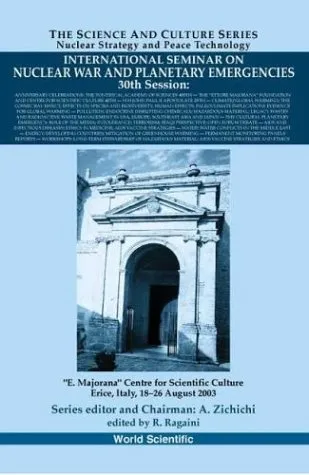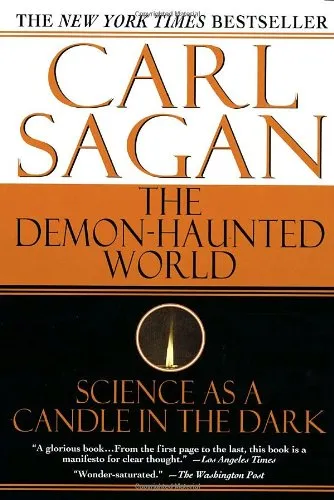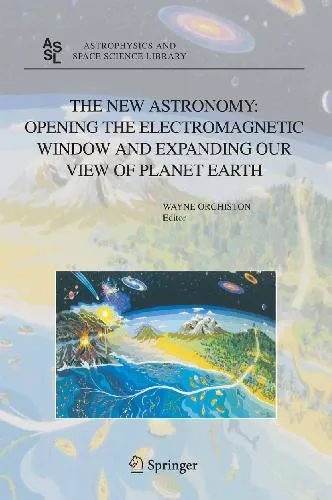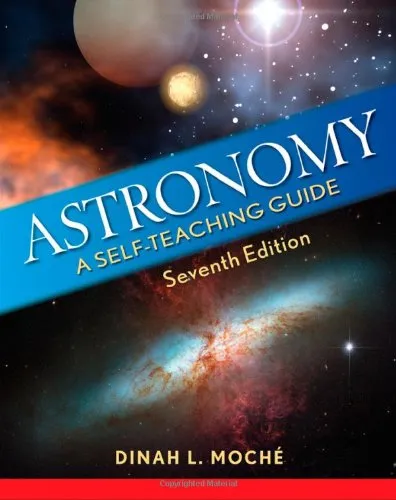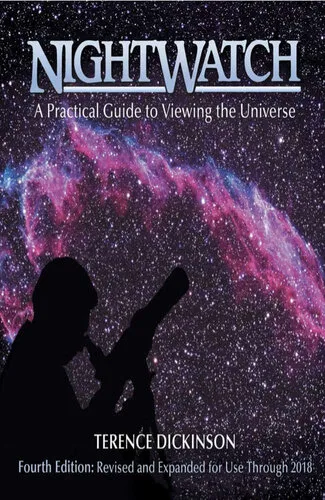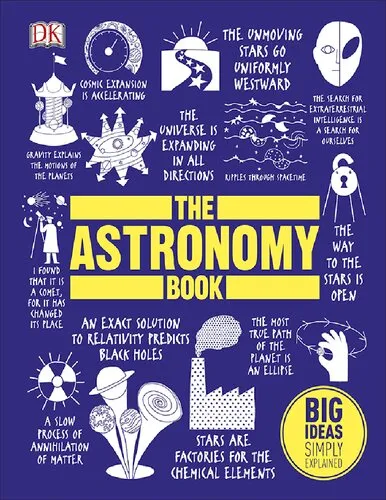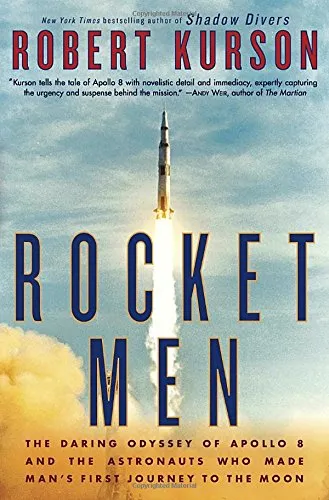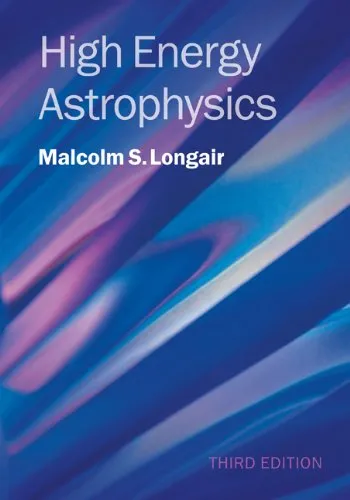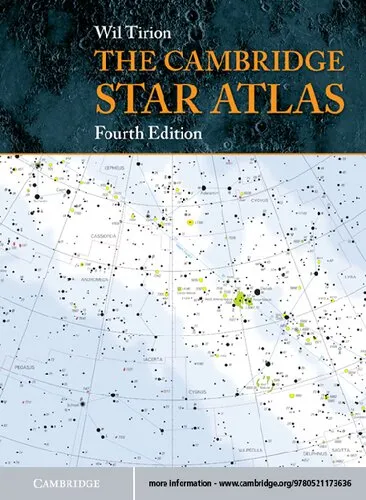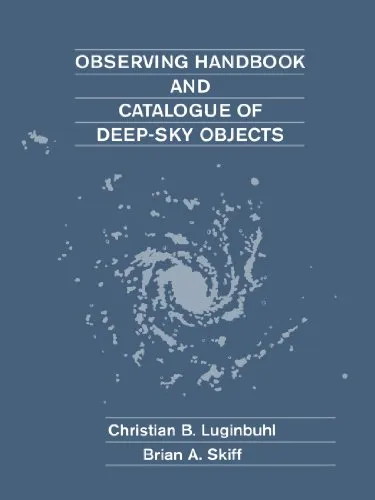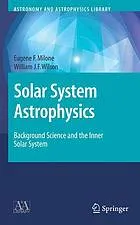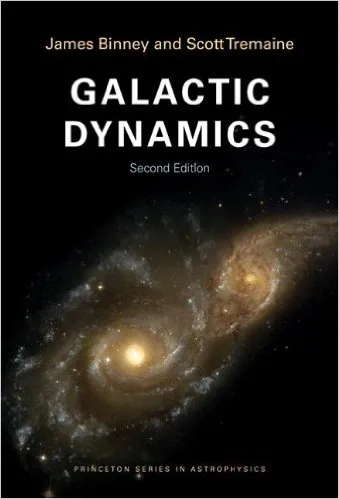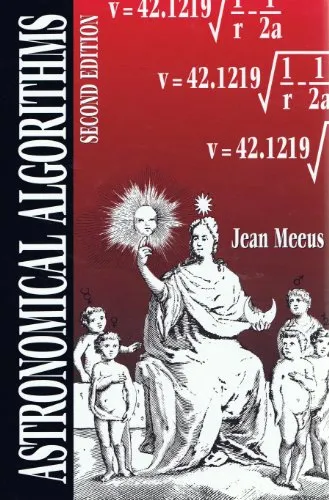International Seminar on Nuclear War and Planetary Emergencies: 30th Session: Fourth Centenary of the Foundation of the First Academy of Sciences: 'Academia Lynceorum' by Federico Cesi and Pope Clemente VIII, Erice, Italy 18 - 26 August 2003
4.0
Reviews from our users

You Can Ask your questions from this book's AI after Login
Each download or ask from book AI costs 2 points. To earn more free points, please visit the Points Guide Page and complete some valuable actions.Related Refrences:
Introduction to the Book
The monumental volume titled International Seminar on Nuclear War and Planetary Emergencies: 30th Session: Fourth Centenary of the Foundation of the First Academy of Sciences: 'Academia Lynceorum' by Federico Cesi and Pope Clemente VIII is an illuminating compilation of insights, expert contributions, and thought-provoking discussions held during the 30th Session of the International Seminar. The event took place in the historic town of Erice, Italy, from August 18 to August 26, 2003, serving as both a commemoration of the 400th anniversary of the Academia Lynceorum and a crucial discussion forum on developments in nuclear science and planetary emergencies. This book is a treasure trove for scholars, policymakers, scientists, and readers deeply concerned about the future of our planet and the impact of technological advancements.
With its interdisciplinary nature and rich collection of essays, speeches, and dialogues, the text bridges the scientific, historical, and social spheres. The book highlights critical issues posed by nuclear technologies, environmental sustainability, and global security, making it highly relevant in today’s interconnected world. By convening experts, the seminar presented a unique platform for fostering constructive dialogues that could inform policy and enhance global preparedness for planetary emergencies.
Let us delve into the key sections that make this book indispensable for understanding the threats and challenges that confront humanity and the environment today.
Detailed Summary
The book begins by celebrating the establishment of the Academia Lynceorum (or "Academy of the Lincei"), founded in 1603 by the visionary Federico Cesi and supported by Pope Clement VIII. This early scientific academy was instrumental in advancing knowledge and innovation, a spirit that reflects strongly in the seminar's focus on addressing global issues through a scientific lens.
The text is divided into several thematic discussions, ranging from nuclear weapons disarmament, the role of emerging technologies in mitigating planetary emergencies, to ethical considerations in science and technology. Renowned experts deliver in-depth analyses of pressing concerns like climate change, natural disasters, and the dual-use challenge of nuclear energy.
Particular emphasis is given to the dynamics of nuclear proliferation and the critical importance of international treaties to curb the misuse of nuclear technologies. At the same time, discussions expand into broader planetary emergencies, including deforestation, air and water pollution, and the consequences of unsustainable industrial practices.
By the end, the book provides actionable recommendations on mitigating threats at the intersection of science, policy, and society. Through dialogues that examine the lessons of the past and projections for the future, it inspires readers to take proactive steps toward a safer, more sustainable world.
Key Takeaways
- The need for a global framework to address nuclear proliferation and ensure the peaceful application of nuclear technology.
- Recognition of climate change as a planetary emergency requiring urgent and collaborative action worldwide.
- Insights into the dual role of scientific advancements as both a solution and a potential risk when misused.
- Historical parallels between early scientific endeavors like the Academia Lynceorum and modern advancements in international collaboration for global challenges.
- Practical strategies for improving communication and coordination between scientists, policymakers, and the general public.
Famous Quotes from the Book
"Science, when guided by ethics and responsibility, can become the most potent force for ensuring humanity's survival and prosperity."
"The lessons of Erice remind us of the urgent need to blend scientific ambition with a profound respect for the balance of nature."
Why This Book Matters
This book stands out as an essential resource in a world marked by complex challenges and uncertainties. Its interdisciplinary approach to nuclear science and broader planetary emergencies underscores the importance of collective action and informed decision-making in the face of existential risks. By revisiting the principles of early scientific collaboration through the lens of the Academia Lynceorum, the text connects historical innovation with contemporary needs, offering inspiration to current and future generations.
In addition to its academic and policy-oriented significance, the book serves as a call to action for anyone concerned with preserving the planet for future generations. It bridges the often disconnected fields of science, ethics, and governance, making it an indispensable guide in our shared journey toward resilience and sustainability.
Free Direct Download
You Can Download this book after Login
Accessing books through legal platforms and public libraries not only supports the rights of authors and publishers but also contributes to the sustainability of reading culture. Before downloading, please take a moment to consider these options.
Find this book on other platforms:
WorldCat helps you find books in libraries worldwide.
See ratings, reviews, and discussions on Goodreads.
Find and buy rare or used books on AbeBooks.
1189
بازدید4.0
امتیاز0
نظر98%
رضایتReviews:
4.0
Based on 0 users review
Questions & Answers
Ask questions about this book or help others by answering
No questions yet. Be the first to ask!
